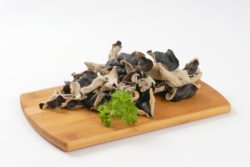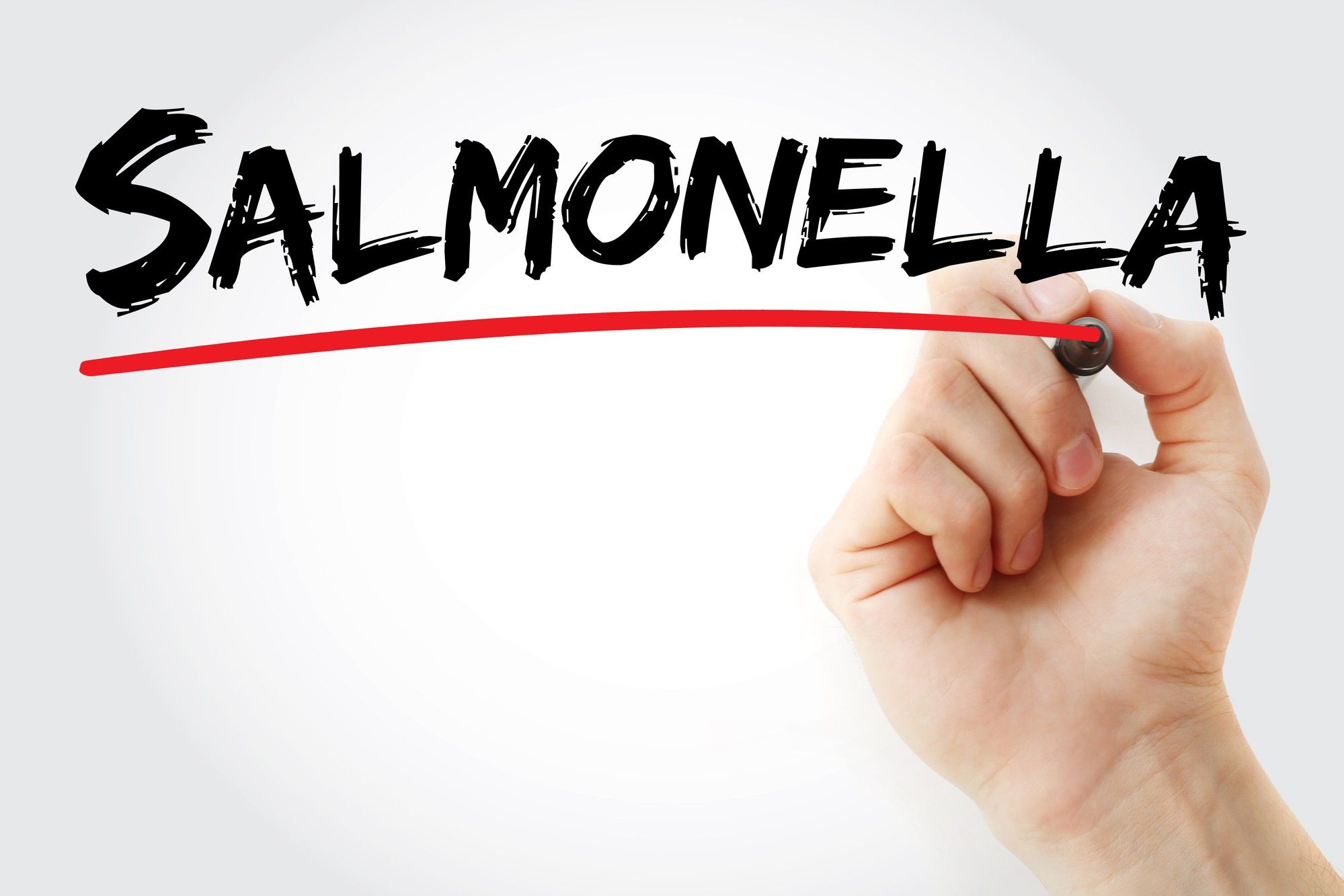Top Class Actions’s website and social media posts use affiliate links. If you make a purchase using such links, we may receive a commission, but it will not result in any additional charges to you. Please review our Affiliate Link Disclosure for more information.
A California company has issued a voluntary mushroom recall after discovering a potential salmonella outbreak.
Wismettac Asian Foods Inc., based in Santa Fe Springs has recalled its Shirakiku brand imported dried fungus due to potential salmonella contamination, according to the U.S. Food and Drug Administration (FDA).
Dried fungus is also known as wood ear mushrooms, kikurage, dried black fungus, or Mu’er/Mu Er/Mu-Err, according to the Centers for Disease Control and Prevention.
If ingested, salmonella can cause serious or even fatal infections in young children, the elderly, and others with weak immune systems, according to the FDA. Healthy people suffering from salmonella infection can experience fever, diarrhea, bloody diarrhea, nausea, vomiting, and abdominal pain.
Rarely, salmonella can get into a person’s bloodstream and produce more serious illnesses, such as arterial infections, arthritis and endocarditis.
Illness from a salmonella infection usually lasts four to seven days, according to the CDC. Most people recover without needing treatment.
Wismettac Asian Foods’ voluntary mushroom recall affected 5-pound bags of dried fungus imported from China, according to USA Today.
They were labeled as Shirakiku brand Black Fungus (Kikurage) with UPC code 00074410604305 and item #60403, according to the CDC.
The mushrooms were not sold directly to consumers, the CDC said.

The CDC says all surfaces touched by the recalled mushrooms should be cleaned and sanitized, including cutting boards, utensils, countertops and other surfaces.
The agency recommends that dried mushrooms always be reconstituted using boiling water so as to kill any pathogen that might be present. However, that does not apply to the recalled mushrooms; they should not be used and should be disposed of.
Four illness clusters were traced to ramen restaurants in three states, according to CNN. Most people linked to those clusters reported eating wood ear mushrooms in ramen.
The CDC defines a foodborne illness cluster as consisting of two or more people of different households who report eating at the same restaurant, attending the same event, or shopping at the same grocery store in the week before falling ill.
The CDC report said illnesses started on dates between Jan. 21 and Aug. 26. Of the 41 people infected, who ranged from age two to age 74, four were hospitalized. The agency says consumers can ask restaurants where the mushrooms in their dishes are from before ordering to avoid those potentially linked to the salmonella outbreak.
According to the CDC, the FDA and states are conducting a traceback investigation in an attempt to identify the source of the wood ear mushrooms eaten by people who became ill.
The product’s manufacturer is investigating to determine the cause of the issue so corrections can be made to avoid a future salmonella outbreak, according to the FDA.
The recalled mushrooms are no longer being distributed, and restaurateurs have been notified to remove the product from their kitchens.
The California Department of Public Health identified salmonella in a sample of dried fungus distributed by Wismettac Asian Foods at a restaurant linked to one of the illness clusters, as reported by the CDC. Further analysis is underway to determine if that salmonella is the same salmonella that made people ill.
Consumers who have questions about the mushroom recall or the salmonella outbreak may contact Wismettac Asian Foods’ Food Safety Department by emailing recall@wismettacusa.com.
Have you purchased the mushrooms recalled in this salmonella outbreak? Tell us about your experience in the comments.
Read About More Class Action Lawsuits & Class Action Settlements:
Juul RICO Lawsuits Allege Vaping Ads Targeted Youth
Nature’s Menu Dog Food Recall Issued Over Salmonella Risk
















9 thoughts onWood Ear Mushrooms Recalled Over Possible Salmonella Outbreak
Add me please
add me
Add me
Add me
Add me. Maybe these mushrooms should require a prescription before purchase and use. I won’t buy them again.
add me in
add me
Please add me.
Please add me